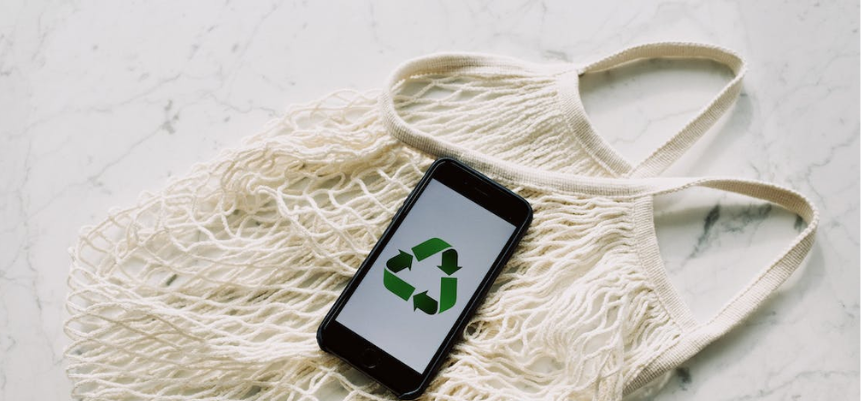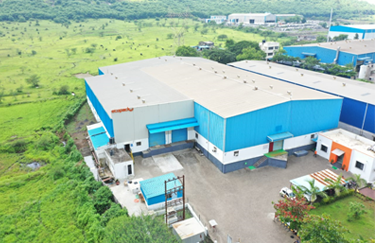Sustainable Packaging Lessons From The Past

In the present era of heightened environmental consciousness, the concept of sustainable packaging has gained significant attention. Consumers and businesses alike are seeking ways to reduce their ecological footprint, and eco-friendly packaging solutions have become the need of the hour. However, it is worth revisiting the practices of previous decades when sustainable packaging was not just a buzzword but an integral part of daily life. The wisdom of our ancestors and their environmentally responsible practices provide us with valuable insights and inspiration to shape a greener future. In this blog, we will delve into the practices of the past that embraced sustainable packaging, exploring various eco-friendly alternatives such as reusable containers, biodegradable materials, and the charm of paper bags.
A Return to Simplicity: The Age of Paper Bags
Decades ago, before the widespread use of plastic bags, the majority of shoppers carried their groceries and purchases in humble, biodegradable paper bags. Unlike their plastic counterparts, these eco-friendly paper bags were made from renewable resources and decomposed naturally over time, making them a perfect example of sustainable packaging. Communities of the past had a strong culture of reusing and recycling these paper bags, which extended their lifespan and minimised waste. This simple yet effective practice demonstrates how eco-friendly packaging can be seamlessly integrated into daily life, even in the absence of modern environmental awareness.
With growing concerns over plastic pollution, we can draw inspiration from the past and bring back the usage of paper bags in our present-day shopping habits. Embracing the beauty of simplicity, these biodegradable bags offer an excellent alternative to plastic and can significantly reduce our reliance on harmful materials.
Nature's Bounty: Exploring Biodegradable Packaging
In the not-so-distant past, before the advent of plastic packaging, various cultures around the world utilised materials sourced from nature for their eco-friendly packaging needs. Corn husks, banana leaves, and coconut shells were commonly used to wrap food items, ensuring they remained fresh while offering a sustainable packaging solution. These organic alternatives not only reduced waste but also ensured that the packaging materials naturally broke down, leaving no harmful residues behind.
Today, as we seek ways to reduce our plastic footprint, innovators and researchers are revisiting these natural materials to create modern, biodegradable packaging options. From edible food wraps made of plant-based materials to compostable packaging derived from agricultural waste, these eco-friendly alternatives aim to mitigate the environmental impact of packaging materials. By embracing these biodegradable options, businesses can make a significant contribution to sustainable packaging practices, while consumers can make informed choices to protect the environment.
Return and Earn: The Beauty of Reusable Containers
The concept of “return and earn” was prevalent in previous decades, where consumers carried their own containers to local grocery stores and markets. Items such as milk, grains, and oils were dispensed into these reusable containers, eliminating the need for single-use, disposable packaging. This eco-friendly packaging approach not only minimised waste but also promoted a sense of responsibility among consumers, as they actively participated in reducing their environmental impact.
In recent times, the concept of reusable containers has made a comeback with the rise of bulk stores and zero-waste shops. These modern establishments encourage customers to bring their own containers and purchase products in bulk, reducing the need for excessive packaging. Embracing this age-old practice of reusability, consumers today have the opportunity to actively contribute to sustainable packaging efforts and be part of a positive change for the planet.
Minimalist Approach: Packaging Reduction for Sustainability
Decades ago, products were often packaged with a minimalist approach, focusing on functionality rather than excessive branding. This conscious choice to reduce packaging waste not only saved resources but also promoted the concept of sustainability long before it became a global concern. The emphasis on minimalism demonstrated a deep understanding of the environmental impact of packaging materials.
In the modern world, businesses are increasingly adopting similar principles, opting for eco-friendly packaging that prioritises recyclability and reduces the overall environmental footprint. By embracing a minimalist approach to packaging design, companies can make a significant difference in reducing waste and resource consumption. Moreover, consumers are becoming more mindful of their choices and are actively supporting brands that prioritise sustainability, driving a positive shift towards eco-friendly practices.
Creative Reuse: Transforming Packaging Waste into Treasure
Resourcefulness was a key characteristic of communities in the past. People creatively repurposed packaging waste, giving it a new lease on life. Glass jars were transformed into storage containers, metal cans became plant pots, and fabric bags were sewn from discarded clothes. The practice of creative reuse not only reduced waste but also inspired innovation and ingenuity.
In the present day, upcycling and do-it-yourself (DIY) projects continue to gain popularity, inspiring individuals to creatively reimagine the potential of packaging waste. Through crafting and repurposing, packaging materials can be given a second life, contributing to a circular economy where waste is minimised, and resources are used more efficiently. This age-old practice is a testament to the fact that eco-friendly packaging doesn’t solely rely on using the right materials but also involves embracing a sustainable mindset in all aspects of life.
As we navigate the challenges posed by excessive plastic usage and its impact on the environment, looking back to the practices of previous decades provides us with a wealth of wisdom and sustainable inspiration. From the simplicity of paper bags to the resourcefulness of creative reuse, our ancestors demonstrated a profound understanding of sustainable packaging, even before it became a global concern.
Today, when you try to make more conscious shopping choices, choosing brands that provide sustainable packaging is a must. Ecopack provides food-safe paper bags which can be used for fast-food snacks, groceries, and other items. Ecopack also makes baking moulds from paper which are easy to use and more eco-friendly than plastic moulds.
In the pursuit of a greener future, we can learn from the past and reimagine eco-friendly packaging solutions that align with our current needs. By incorporating elements from the past, such as reusable containers, biodegradable materials, and a minimalist approach to packaging, we can collectively contribute to a healthier planet. Together, we have the power to build a future where sustainable packaging is not just a trend but an intrinsic part of our lifestyle, ensuring a greener and more sustainable tomorrow for generations to come. Let us take the wisdom of the past and embrace the path of sustainability for a brighter and more eco-friendly future.


